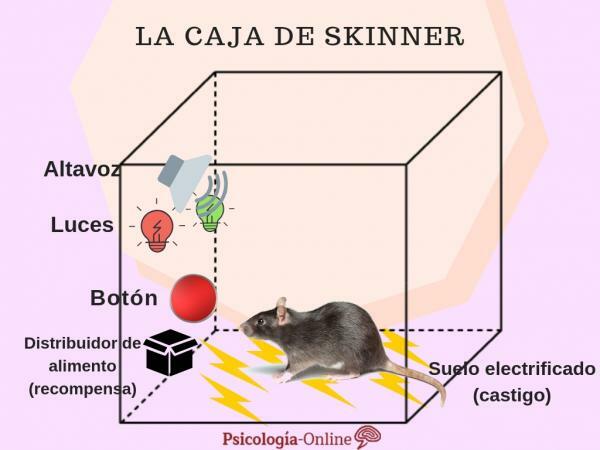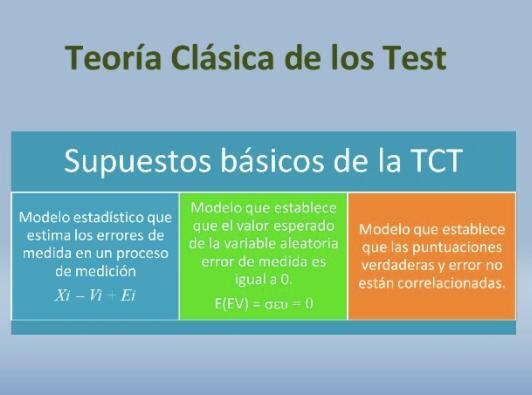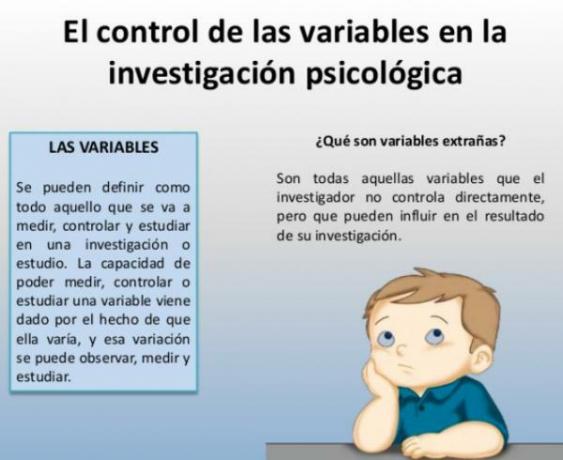The psychological blocking technique and random blocks
The block technique consists of grouping the subject in blocks based on the score obtained in a s...
What is Operant Conditioning?: Definition and Examples
The conditioning It is a form of learning by association of stimuli, discovered and defended by t...
What is STRUCTURALISM in Psychology: Characteristics, History and Authors
Psychology, despite being a relatively new science, has undergone a great deal of change and modi...
Research methods and designs in Psychology
Methods, designs and techniques Psychology uses the Scientific Method developing a set of particu...
Ex post facto designs
They are characterized because the researcher cannot intentionally manipulate the VI or randomly ...
The theory of B.F. Skinner: behaviorism and operant conditioning
Behaviorism is a branch of psychology that, as its name suggests, is based on the observation of ...
Properties of the frequency distribution
We define the distribution of frequencies as the gathering of data in exclusive categories betwee...
Classical test theory
A test is a scientific instrument insofar as it measures what it claims, that is, it is valid, an...
The variables in research in Psychology
In applied psychology, investigative psychology attempts to describe the actions of offenders and...
The validity of a Test
If a test serves what it is intended to do, we say that it is valid. For example, a test Intellig...









